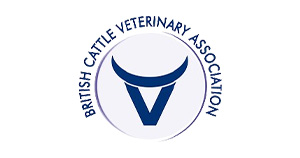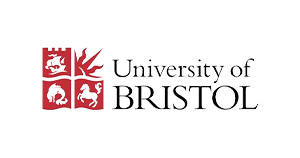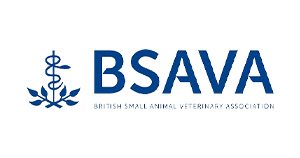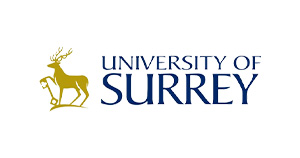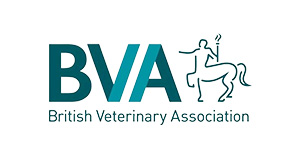Youngstock Focus: Water Provision and Colostrum Quality
Published on: Oct 2024
As part of our Bristol student’s 2-week rotation with us they created a short presentation on an interesting case or new piece of research. Students Gabby and Lucy chose to talk about water provision in calves because they had noticed that on several farms’ calves had no access to clean, fresh water. It is stated in UK law that calves should be provided with fresh drinking water at ALL times.
It is also one of the 5 freedoms.
So why do some farms not provide water for calves? Some people think that milk alone provides enough hydration for calves, some say that calves will not drink their milk if they gorge on water and others are concerned that calves will spill the water and make the beds wet. In the first week of life calves will drink up to 1L water per day (on top of milk feeds), going up to around 3L per day by 4 weeks old. Research has shown that calves provided with drinking water from birth have better rumen development and an increased ability to digest ADF (indigestible part of plant) which may increase growth rates. Another study showed that calves on automated milk feeders had increased numbers of unrewarded visits when not provided with drinking water, suggesting that calves were thirsty and actively looking for water.
There is no excuse for not providing clean drinking water for newborn calves. Please provide them with water in a separate feeder for milk and change it daily.
Rob Powell and I held a discussion group meeting for our Youngstock Club members last month.
The group benchmarked their total protein results using more detailed targets:
- <10% Poor (<5.1g/dL)
- <20% Fair (5.1-5.7g/dL)
- >30% Good (5.8-6.1g/dL)
- >40% Excellent (>6.2g/dL)
Our Youngstock club clients are doing really well but there is always room for improvement!
The group discussed the importance of sQueaky clean colostrum. Bacterial numbers double every 20 minutes when colostrum is left out of the fridge. Bacteria prevent antibodies being absorbed by binding to the antibodies, competing with antibodies for absorption and damaging cells that absorb colostrum. Recent research showed that around 30% of colostrum samples taken from UK farms had TBC >100,000 and coliform >10,000. This contamination mostly comes from the collection bucket and feeding equipment so effective cleaning is extremely important. Please scrub equipment with hot soapy water and disinfect with hypochlorite or peracetic acid.
We then had a tour around Barbers Calf Unit to see the automatic milk feeders in action.
Thank you for the Barber family for hosting this meeting,
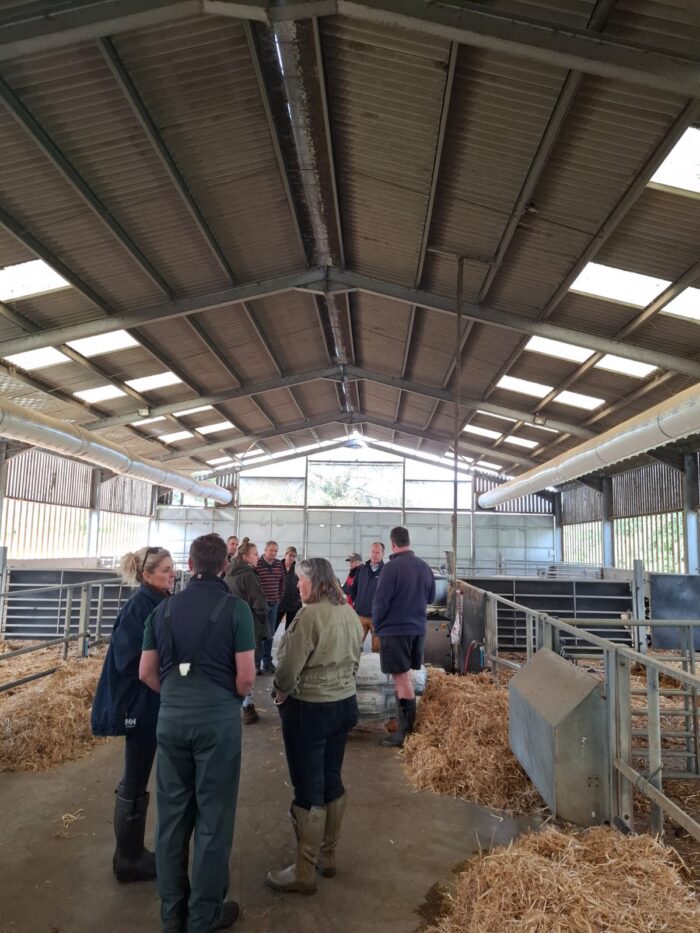
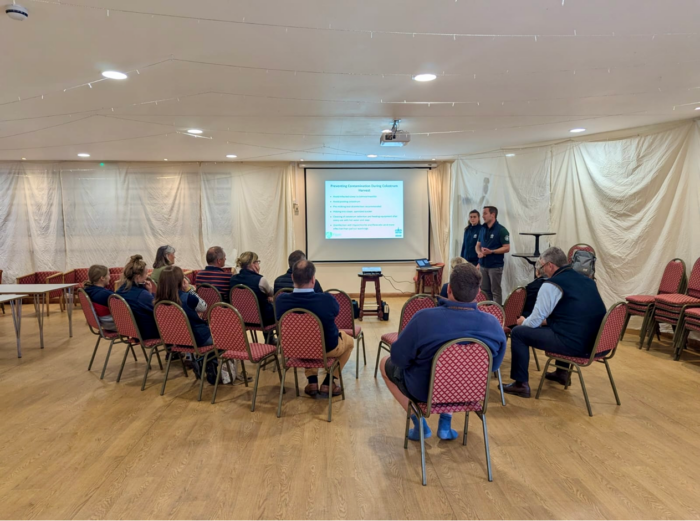

Author –
Anna Hewison
Learn about the importance of providing water and high-quality colostrum to calves. Discover how these essential factors impact rumen development, growth, and overall health. Join the Youngstock Club for valuable insights and support.
#water provision #calves #milk #rumen development #colostrum #bacterial contamination #Youngstock Club #mastitis






